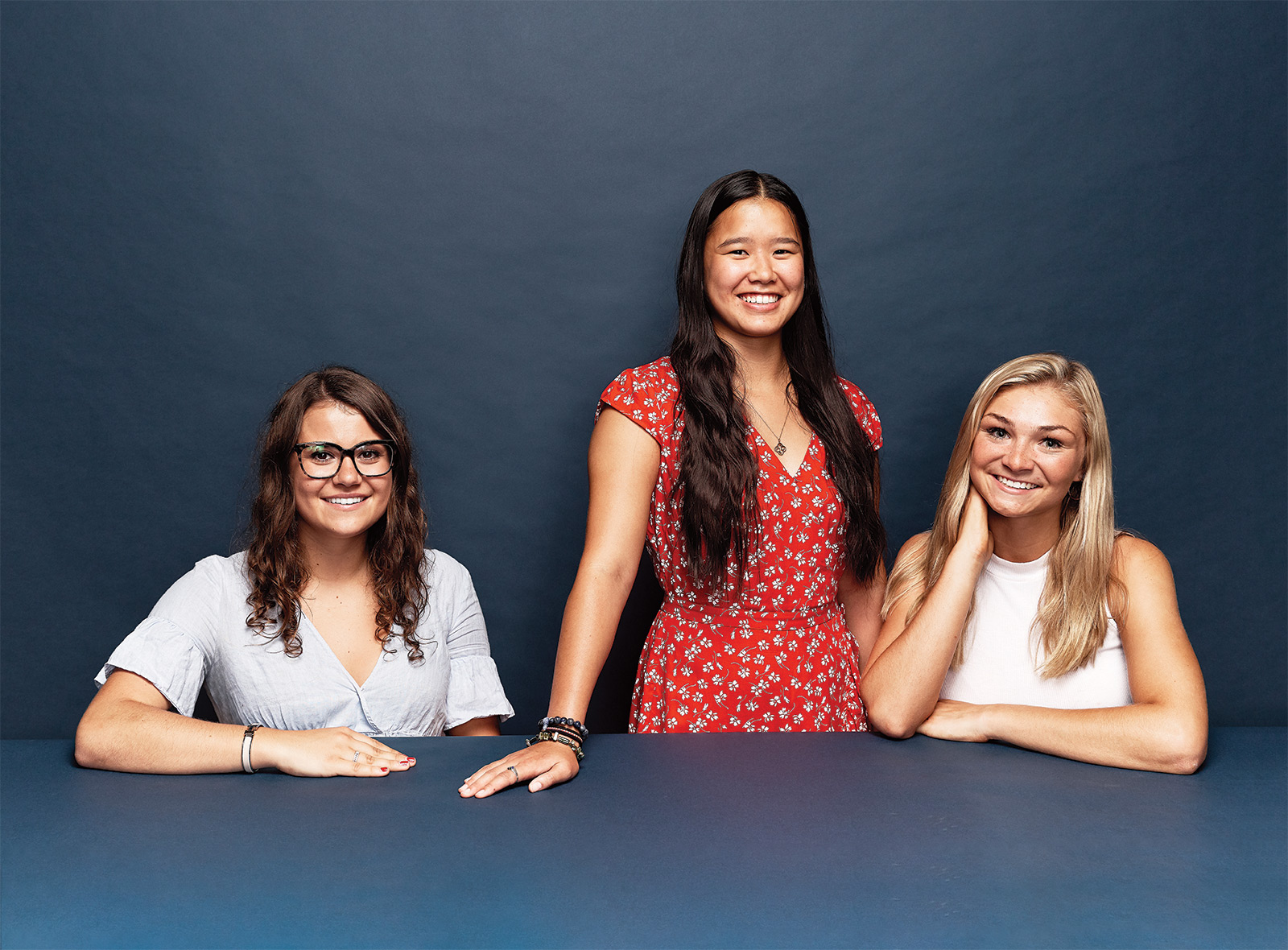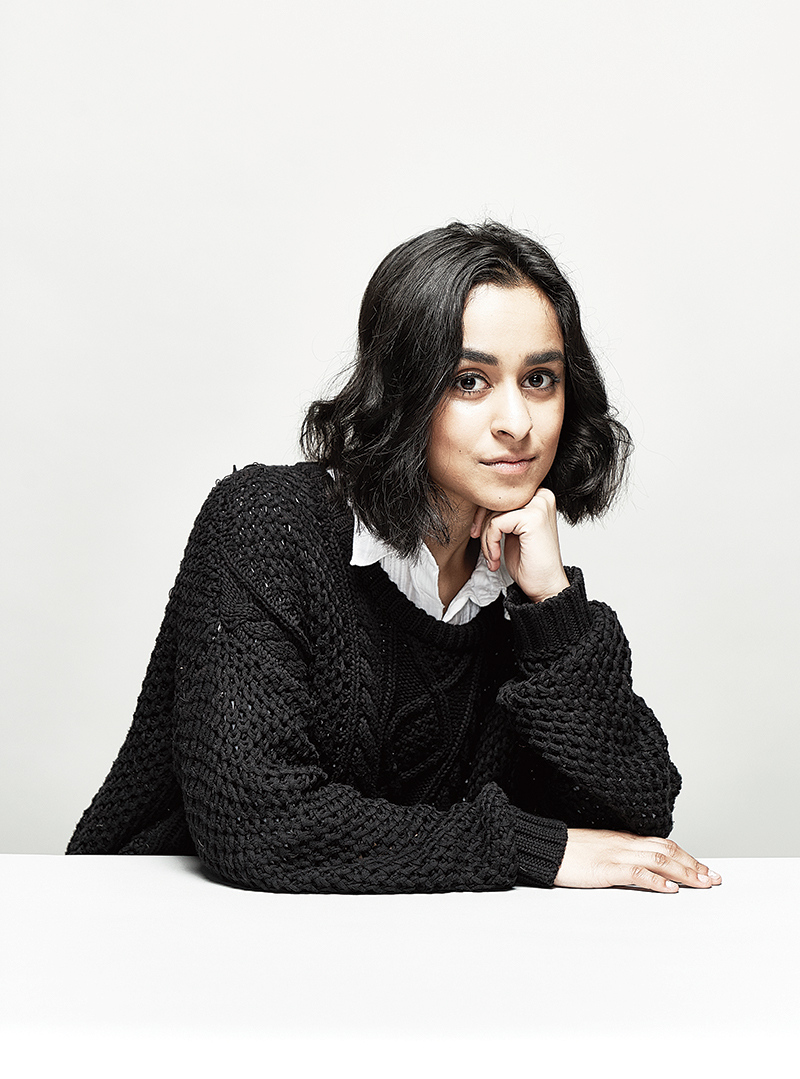
Shanti Basu ’20
Communication and Studio Art Double Major, with a Narrative Journalism Concentration
"Title: Photo editor, Denisonian
This job has taught me to:
Always have your camera on you. Always. The best shots happen when you least expect them.
Why a photo really is worth 1,000 words:
I’m always looking for the shot that takes content one step further. You aren’t just reading about the campus-wide walkout in solidarity with the victims and survivors of Parkland, Florida. You see how much a fellow classmate cares about an issue—the emotion of the moment frozen on their face.
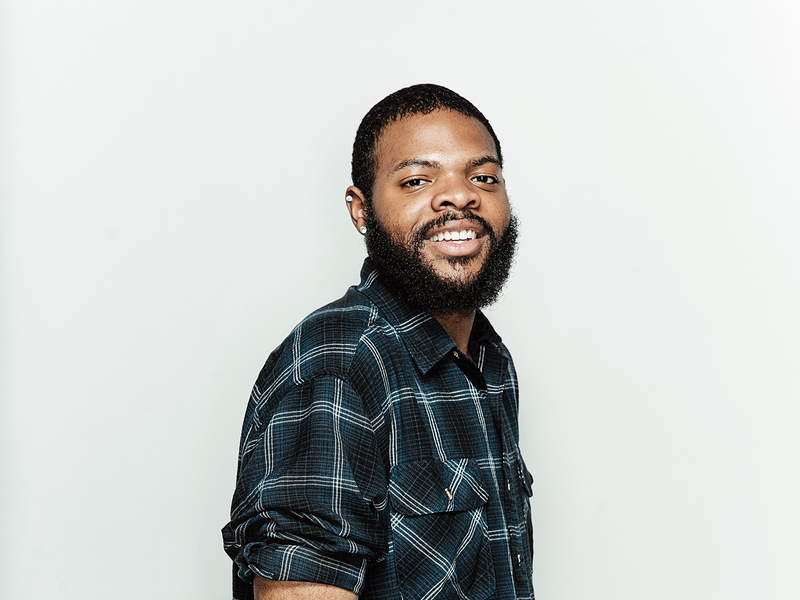
Josh Lee '20
Political Science Major, Black Studies and Spanish Minors
Title: Managing Editor, The Denisonian
One of the writers who inspired my work in journalism:
Shaun King, a progressive journalist who is known for his work linked to the Black Lives Matter movement. He helped me realize that words are powerful. How you use them to convey your message is important. Journalists and writers can use their words to hurt a nation—or inspire it.
What a managing editor does:
I have personal relationships with all the writers; I make sure everyone has access to contacts and events; and I teach people how to write challenging articles and use proper newspaper formats. That training has been important with our young staff.
When you’re an editor, get ready for:
Criticism. But I don’t take it personally, nor do I let it frustrate me. Not everyone understands how hard it is to handle a budget or run a newspaper— especially when we have a million things to do outside of the paper.
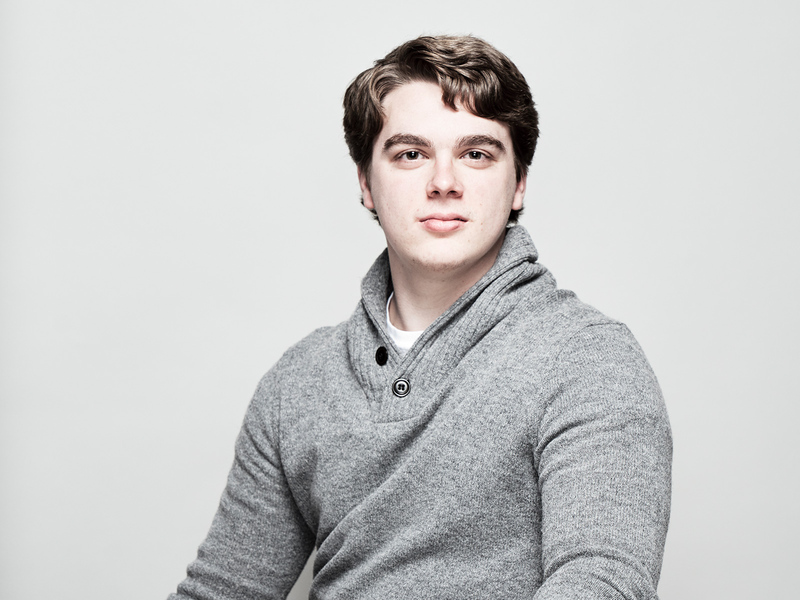
Nathaniel Beach '20
Philosophy, Politics, and Economics Major
Title: Opinion editor, Denisonian
His guiding principles for weighing opinions:
I try my best to stay open-minded about things and listen to many different perspectives. But I would say that my family’s opinions generally hold more weight for me.
It’s a tough job:
It can be hectic dealing with numerous writers each week, especially when I don’t know them well personally.
But it’s worth it:
The staff is amazing, the other students who work on the paper with me are great. The big editing days for us are probably my favorite part of the job. We’re all working on our sections and helping one another out. It’s fun.
I’m proudest of:
Being able to recruit new writers to express themselves in the paper. I write articles all the time giving my opinions. Having other students see that and write about their own beliefs is amazing.
One of the coolest things about writing for The Denisonian is:
Seeing your name printed in a newspaper.
The payoff:
I plan to attend law school, which requires a ton of reading and writing. I hope my time on The Denisonian will allow me to improve my writing skills for school.
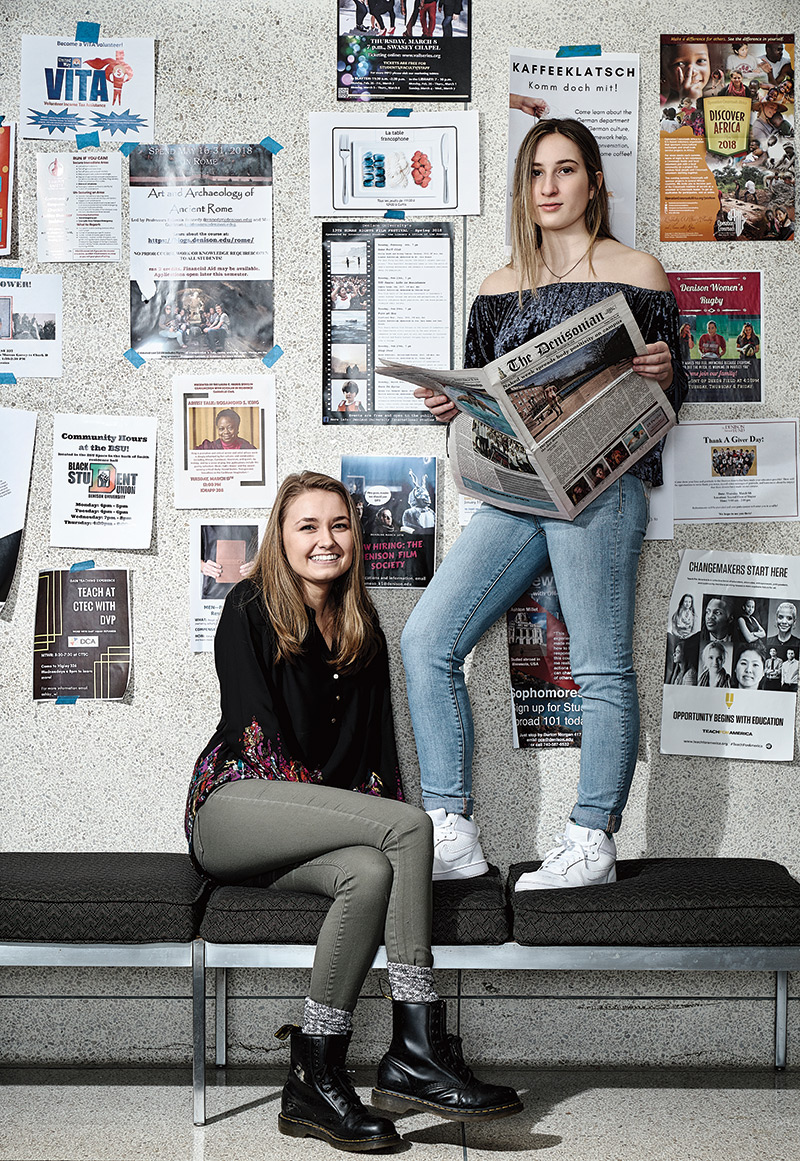
Casey Trimm '20
Communication Major, with a Narrative Journalism Concentration, East Asian Studies Minor
Chloe Sferra '20
English and Communication Double Major, with a Narrative Journalism Concentration
Casey Trimm '20
Title: Co-editor, Denisonian
As an editor, I’m always struggling with:
Time management. Deadlines come a lot faster than you expect.
I’ll never get tired of:
Writing feature articles about students, professors, and clubs. I love learning more about people and organizations I hadn’t known previously.
This job has taught me:
What kind of leader I am. When Chloe and I first took on this role together, most of our staff members were first-years. After a semester of work, it’s really rewarding to see their confidence and passion grow.
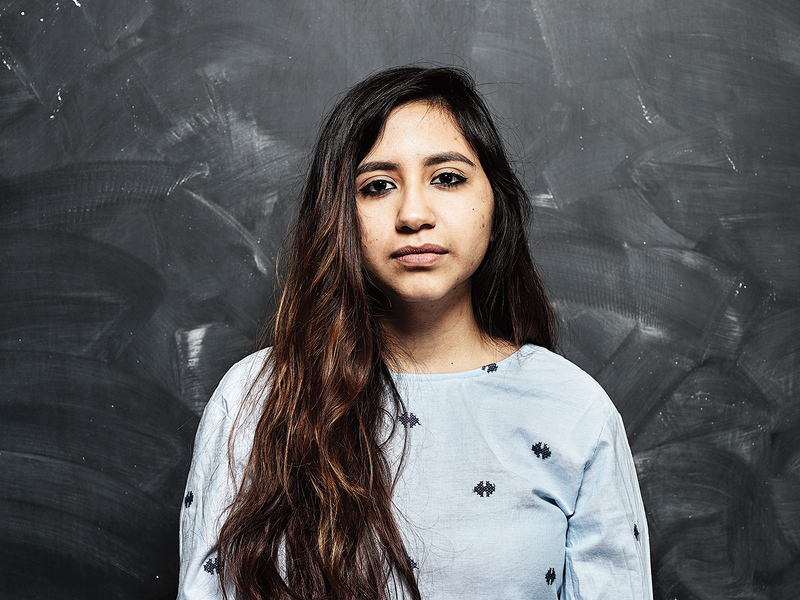
Ivanna Salgado '18
English Literature Major, Women's and Gender Studies Minor
Courses:
Literary nonfiction, advanced journalism
I started thinking more seriously about writing when:
I submitted a research proposal focused on undocumented workers in the fall of 2015. Jack Shuler, my advisor, introduced me to narrative journalism to advocate for what I believe in.
Powerful project: In the advanced journalism course, I did a group project on immigration. We had different narratives focused on hate crimes, the travel ban, refugees seeking shelter, and naturalized citizens experiencing discrimination. We wanted to raise questions about what college officials and students can do to address these issues locally and nationally.
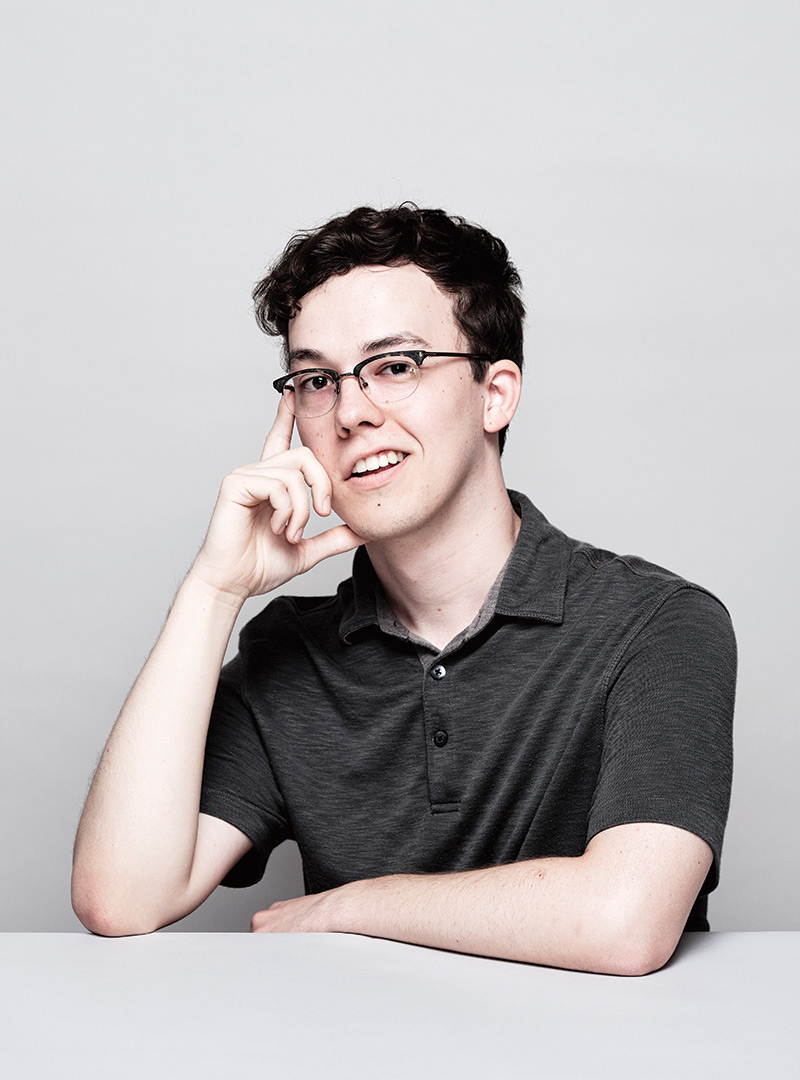
Ben Bowers '20
Geoscience Major, with a Narrative Journalism Concentration
On assignment:
Erik Klemetti, assistant professor of geosciences, pitched the idea of having a student dig through boxes of materials that were sitting in the attic of Olin Hall to find a story.
Unburying the lede:
I stumbled upon a collection of black-and-white photographs: Mt. Fuji, destroyed cityscapes, a blurry General MacArthur, and former geosciences professor Richard Mahard in an Army jacket sitting behind a typewriter.
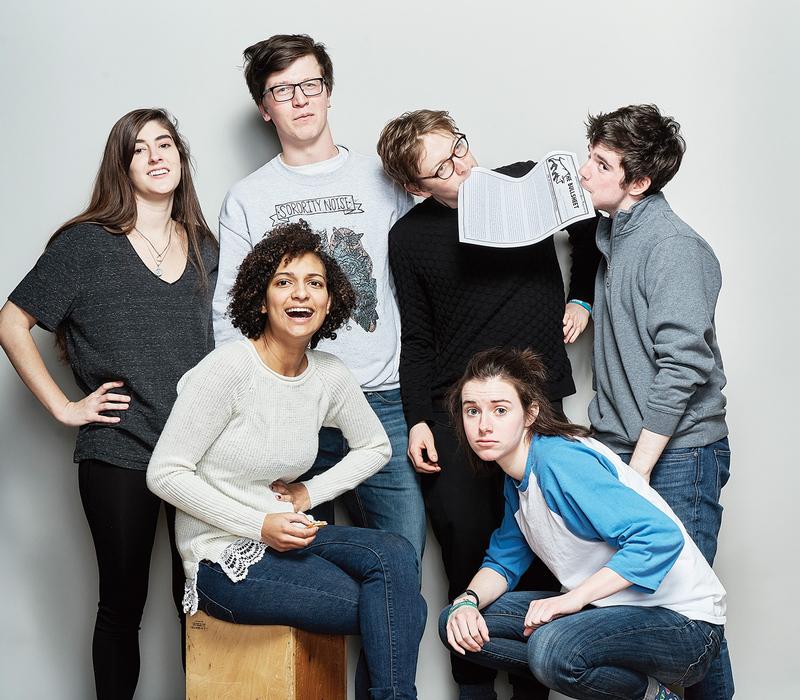
Bullsheet Staff
Jax Preyer '20, Dan Timmerman '19, Diego Rubey '19, Zach Correia '20, Katie Woods ’20, Maggie Chamberlain '19
Chamberlain on Bullsheet influence:
I wrote a response to the election two years ago, and President Weinberg reached out to me in response to it. He complimented me on it and said he wanted to have coffee with me. It was definitely one of my favorite Denison memories thus far.
Preyer on making an impact:
The most enjoyable part is meeting someone for the first time and having them say, “Oh! I’ve seen your name in The Bullsheet. I love the stuff you write! That piece where you ranked the songs from Grease was very compelling and hard-hitting in a strictly journalistic sense!” There’s something about knowing people actually are reading and enjoying it that makes me giddy.
Timmerman on Bullsheet culture:
The Bullsheet is a strange institution on this campus. The staff often does not meet in person. The way we edit and put together the Sheet usually involves one person coming in every night, but once or twice a semester, everyone piles into the closet that is our office, and we put together a Sheet. It’s always nice to see everyone and bounce ideas off of each other.
Correia on what keeps him coming back:
As much as there is controversy and a lot of time goes into keeping the Sheet afloat, it’s all worth it—or at least the part where you’re sitting in the office at 1 a.m. laughing at some joke you just wrote.
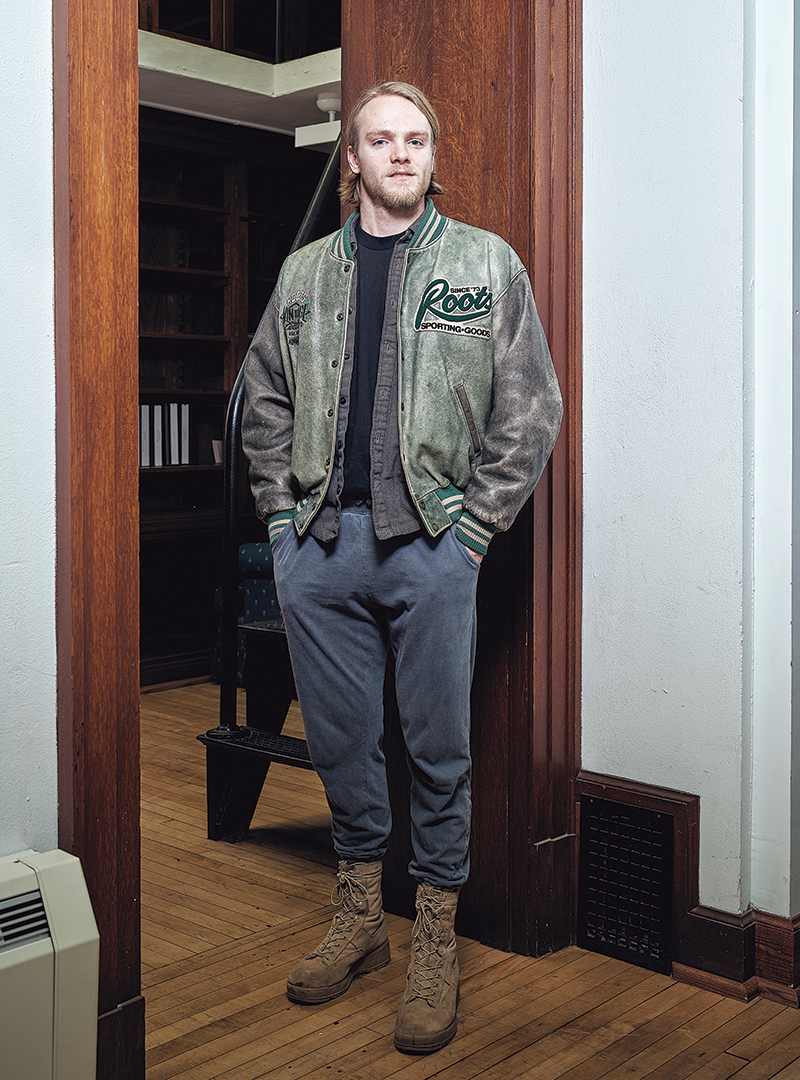
Kellon Patey '19
English, with a Narrative Journalism Concentration
On doing the work:
For one piece, I decided to “embed” with people who got up before the sun. For two days, I stayed in the apartment of one of the guys who cleans the building I was in. We got up at 3 a.m. I interviewed him, a guy he carpools with, and the staff who arrive at the dining hall around 6 a.m. It was really cool. But by the end, I was absolutely drained.
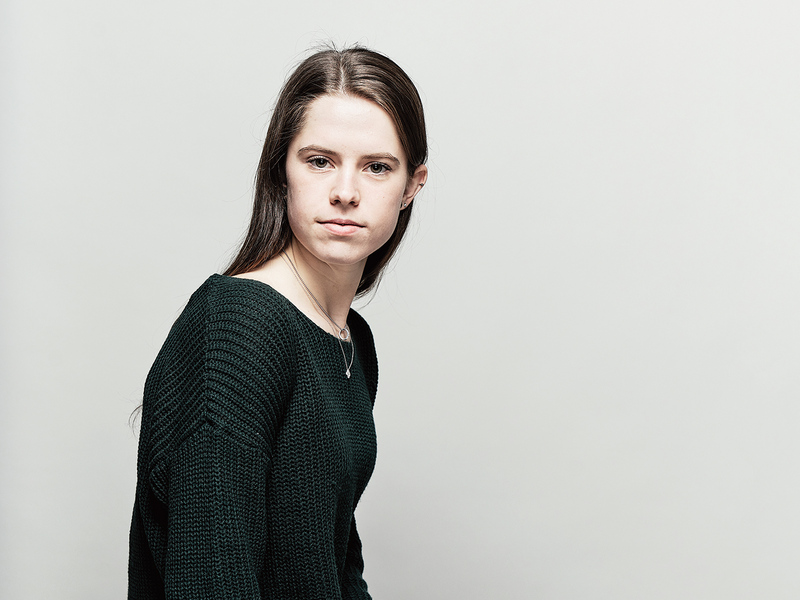
Brooke Holland '21
Health, Exercise and Sport Studies Major, Economics Minor
Title: News editor, Denisonian
Substance over style:
A challenging part of being a news editor is not inserting your opinion in an article. How do you tell the news in the most unbiased way possible?
What keeps me up at night:
My worst nightmare is writing and publishing a story with details that aren’t true.
On the plus side:
The research that comes with ensuring accuracy is really interesting. It’s a great way to be in the know with everything that happens on campus, in the area, and even the world.
I’m really proud of:
An article I published this past spring about changes to the Head Resident role. I knew this article was going to answer a lot of questions for students.
Like home:
The Denisonian was a comfortable place early on at Denison. I was homesick when I came, and I found a group of peers through journalism.
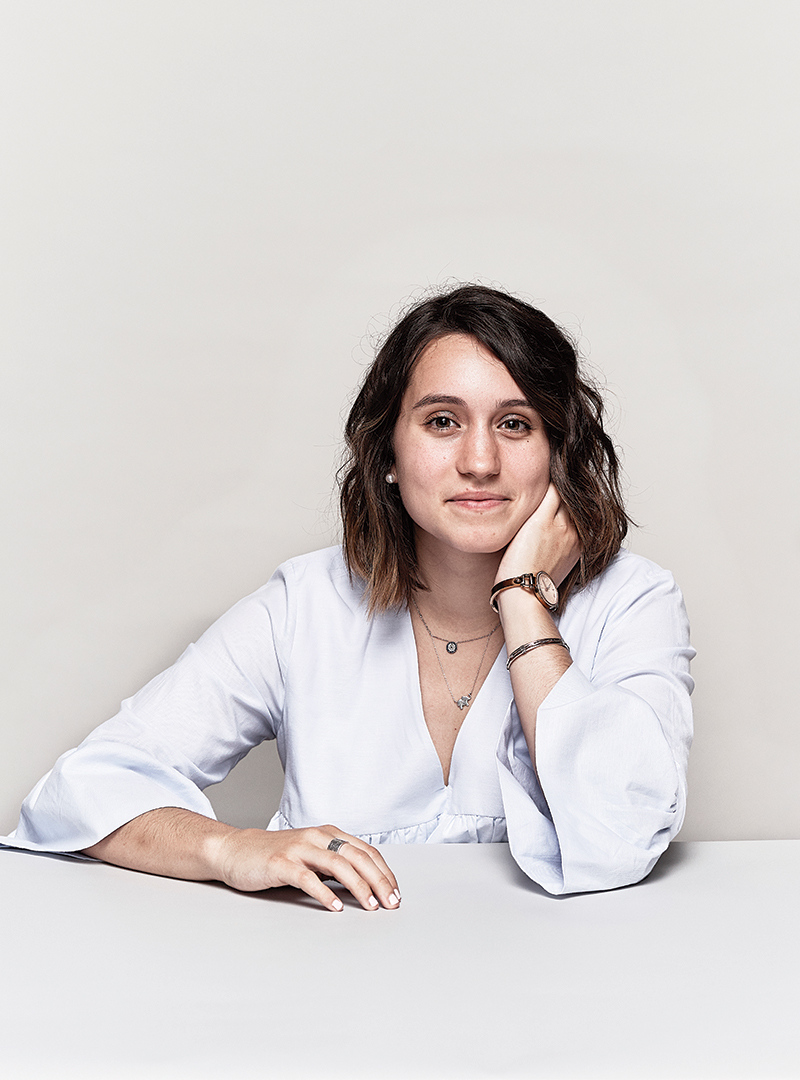
Alexis Boyages '19
English Literature Major
Title: Sports information assistant for the Denison Sports Network; campus contributor to Her Campus
What keeps me coming back:
Some of my favorite pieces changed my perspective. For my narrative journalism class, I chose to write about the Second Amendment, and I attended a gun show. I was able to meet people who had different views than I did—and as a result, my views about individuals at the event changed in a positive way.
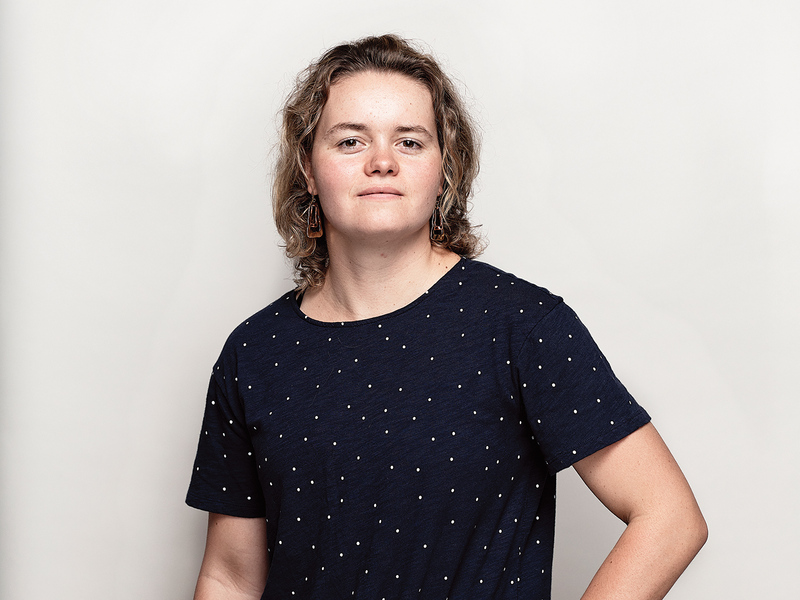
Michaela Morrison '20
Global Commerce Major, Spanish Minor
Title: Intern, Swimming World magazine
Challenge accepted:
During my internship, we were challenged to choose pieces outside of our comfort zones. I loved this freedom to write whatever was on my mind. It made us rethink what we could and couldn’t do with our writing.
Lessons learned:
It was clear that our editor, Kristen Kinzer, and the other interns would help me become a better writer. Similarly, in my own competitive swimming, I never looked at a bad practice as the end of the world—I just had to reflect and work on it for the next practice.
Clear communication makes all the difference:
My toughest story was about the residential retirement community in Scottsdale, Arizona, titled “Silverstone Swimming’s Silver Foxes.” There was a lot of communication between the site directors, my editor, and me. I wanted to make sure I was representing their story correctly while making the article interesting for readers.

